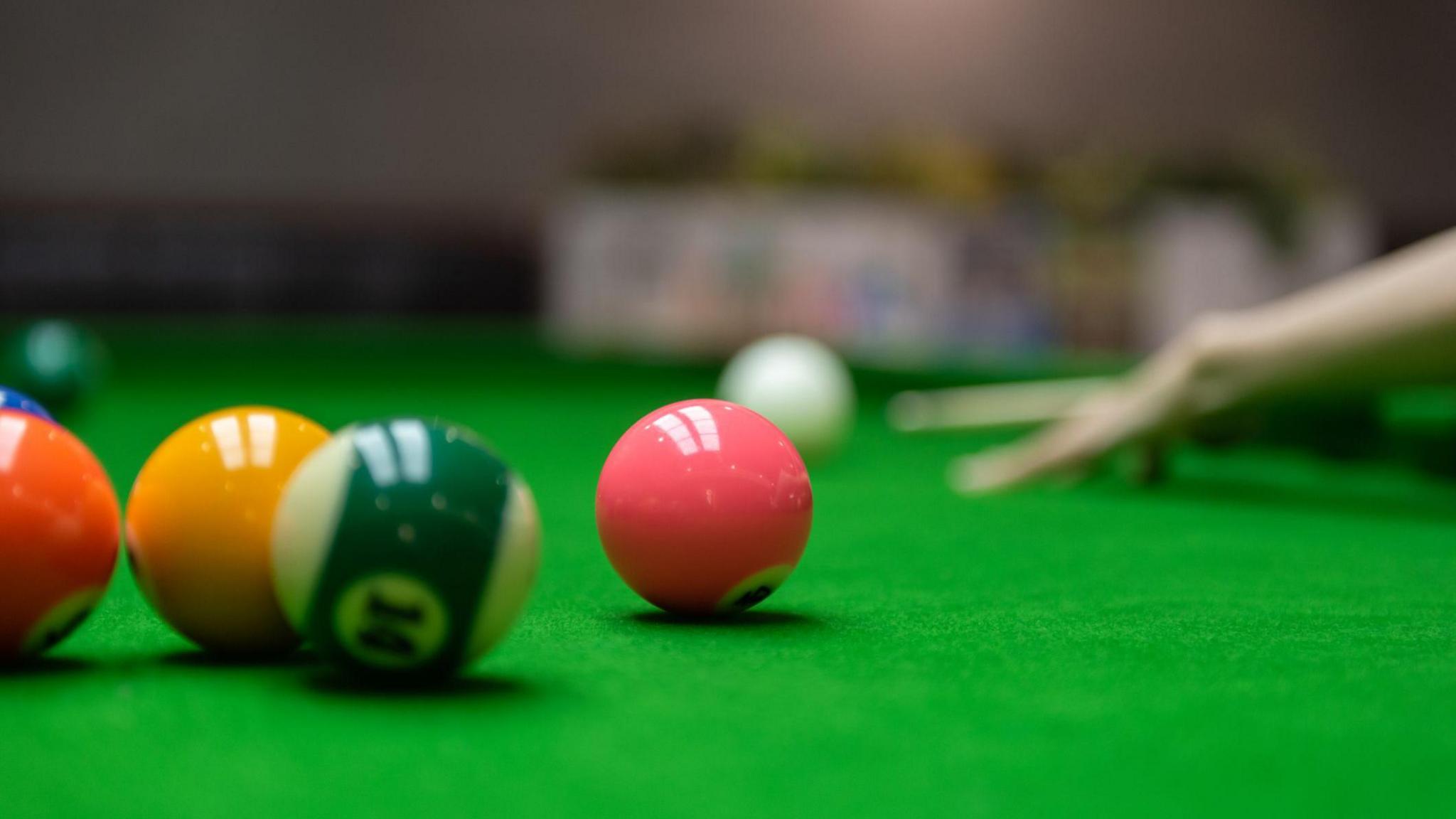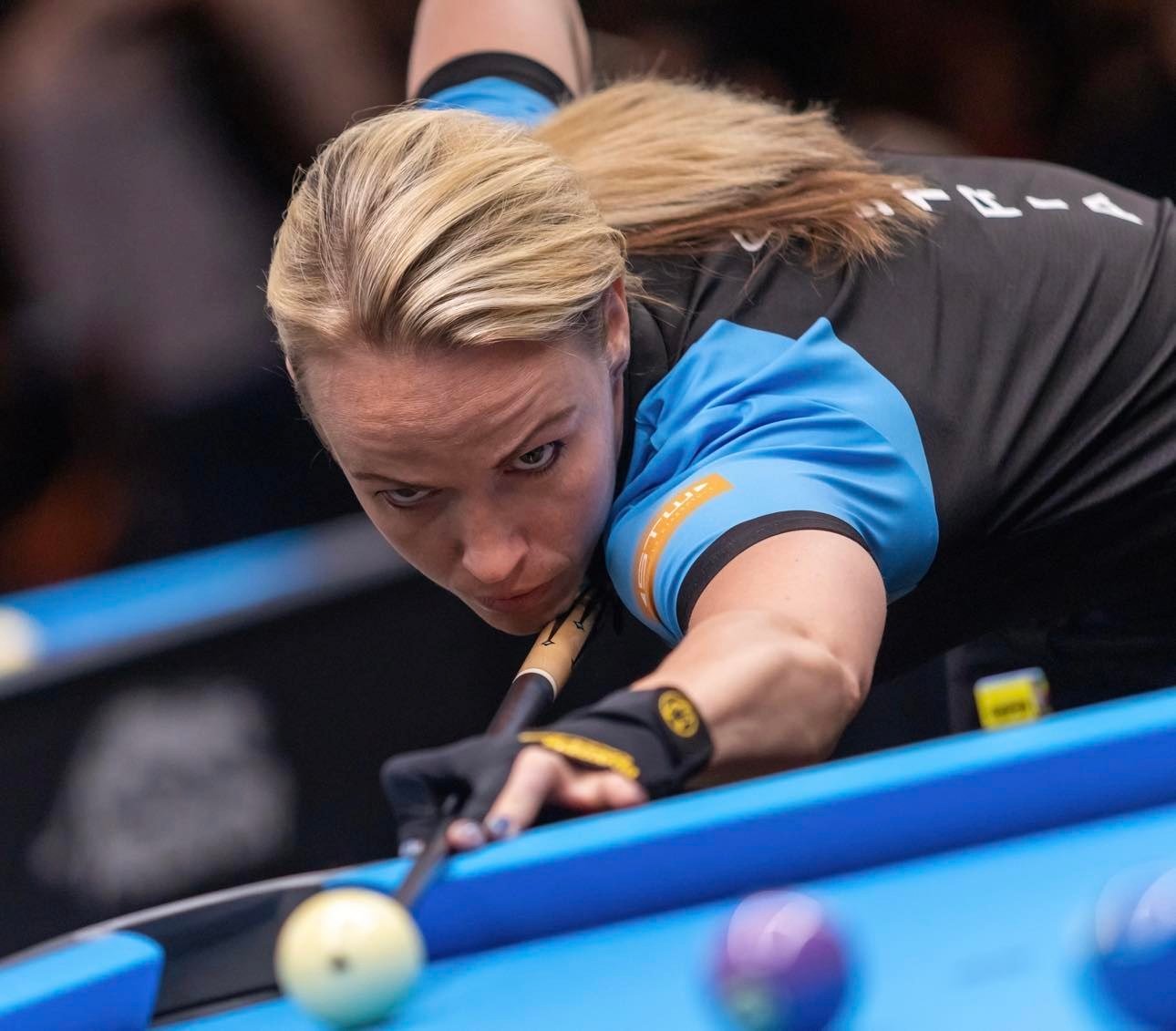Now Reading: Game Changer: Transgender Ban Rocks Professional Pool World
-
01
Game Changer: Transgender Ban Rocks Professional Pool World

Game Changer: Transgender Ban Rocks Professional Pool World
Ultimate Pool Group’s Bombshell Decision Rocks Competitive Pool World
In a decision sending shockwaves through the sports community, the Ultimate Pool Group (UPG) has officially banned transgender women from competing in female categories. This groundbreaking policy shift comes directly on the heels of a landmark UK Supreme Court ruling that redefined ‘woman’ based strictly on biological sex rather than gender identity.
The professional 8-ball pool organization didn’t mince words in its announcement, stating that participation in women’s events will now be restricted to “biologically born women” only. This dramatic reversal in policy has ignited fierce debate across both the sports world and LGBTQ+ community.
Controversy Erupts After Trans Athletes Dominate Championship
The UPG’s decision follows intense scrutiny after the recent Ultimate Pool Women’s Pro Series Event final. What should have been a celebration of athletic excellence instead became the epicenter of controversy when Harriet Haynes and Lucy Smith – both transgender women – faced off for the championship title.
Protests erupted at the venue, with demonstrators demanding policy changes and questioning the fairness of the competition. The dramatic scenes highlighted the growing tension between inclusivity in sports and concerns about competitive advantage.
The Science Behind The Decision
In justifying its policy shift, the UPG cited findings from a commissioned report that reached a definitive conclusion: 8-ball pool qualifies as a “gender affected sport” where biological factors create measurable competitive differences.
According to the organization, the report determined that “female players have unique disadvantages compared to male players and that transgender women retain male advantages” – a position that sports physiologists have long debated across various competitive disciplines.
While many casual fans might be surprised to see pool included in conversations about physical competitive advantages, the UPG’s report suggests that factors like reach, upper body strength, and spatial perception can create significant disparities.
Legal Backing From Highest Court
The timing of the UPG’s announcement is particularly significant, coming just days after the UK Supreme Court issued what many consider a watershed ruling on gender identity and legal definitions.
In its statement, the UPG explicitly welcomed “the clarity” provided by the Supreme Court’s determination that the legal definition of a woman is fundamentally tied to biological sex rather than gender identity – a ruling with far-reaching implications beyond sports.

Open Category Remains As Alternative
While closing the door on transgender women in female competitions, the UPG emphasized that its open category “will continue to be open to all regardless of sex” – offering a competitive avenue for all players regardless of gender identity.
This approach mirrors solutions proposed in other sports facing similar controversies, though critics argue that designated open categories often lack the same prestige, financial rewards, and competitive depth as gender-specific divisions.
Industry-Wide Implications
The UPG’s decision could trigger a domino effect across competitive pool and other cue sports, potentially establishing a precedent that similar organizations might follow. Competitive billiards, snooker, and related sports may soon face pressure to evaluate their own transgender athlete policies.
“We respect that some people within the pool community may find the changes challenging,” the UPG acknowledged in its statement, calling for empathy across its membership even as it implements what many consider a contentious policy.

A Reflection of Broader Social Debate
The controversy surrounding the UPG’s policy change represents a microcosm of larger societal tensions regarding transgender rights, sports equity, and the complex intersection of inclusion and competition. As professional organizations navigate these challenges, they often find themselves at the center of heated cultural debates.
With athletes’ careers and identities hanging in the balance, the UPG’s decision marks just one chapter in an ongoing conversation about how sports can balance competitive fairness with gender inclusivity – a conversation that shows no signs of reaching easy resolution.
As the dust settles on this announcement, all eyes now turn to how other sporting bodies will respond, and whether Harriet Haynes, Lucy Smith, and other transgender athletes will challenge these new restrictions or seek competition in the open category instead.










